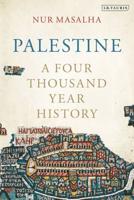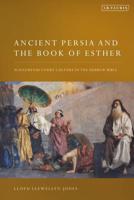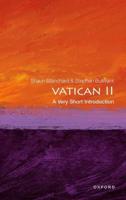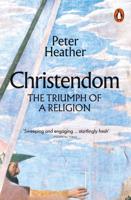Publisher's Synopsis
Modus Vivendi is a collection of essays by scholars who seek to discover lay men and women within the projects of reform and renewal in later medieval Europe. Religious life was never without change, yet religious orders, preachers, and institutions of learning proclaimed their desire to make religious life more sincere. In doing so, they occasionally developed a mission to lay people alongside professional religious. Such encounters with the laity - through the writing of theology in the vernacular, in the delivery of charismatic preaching, in the operation of inquisition into heresy, in the composition of new liturgies, and through networks of patronage - created modes of living religion - modus vivendi - of creativity as well as discipline. They contributed to religious life beyond the routine provisions of parish life, and often included women in novel ways. Modus Vivendi spans European regions across the period 1350-1500 in its studies, based on texts, objects, and images which have been little studied so far.









